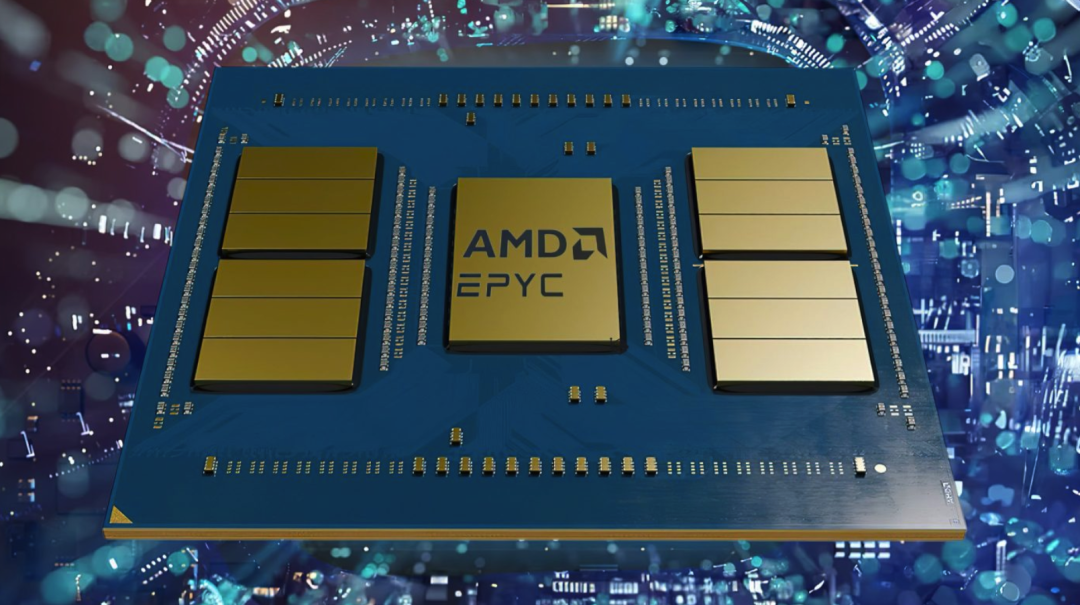Based on the latest benchmark results, AMD’s upcoming fifth-generation EPYC Turin flagship model, the EPYC 9755, has performed exceptionally well in multiple metrics. Its performance has significantly improved compared to its predecessor, especially in 7-Zip compression and decompression tests where it outperformed the EPYC 9754, which also has 128 cores. This demonstrates the huge advantage of the Zen 5 architecture over the Zen 4C architecture.

The EPYC 9755 processor is based on AMD’s Zen 5 core architecture and has 128 cores and 256 threads. Its base clock frequency is 2.70 GHz, boosting up to 4.10 GHz, which is an 11% increase in frequency over the previous generation. In addition, the processor comes with a total of 650 MB of cache, including 512 MB of L3 cache, 128 MB of L2 cache, and 10 MB of L1 cache. Compared to the previous flagship, the EPYC 9654, the EPYC 9755 has a 31% increase in cache capacity and the core count has been raised from 96 to 128.


In the 7-Zip benchmark test, the EPYC 9755 scored 346,000 KB/s in the compression test, 4,445,000 KB/s in the decompression test, and an average score of 394.705 GIPS. This result shows that the overall performance of the EPYC 9755 is more than twice that of the EPYC 9754, which had compression and decompression scores of 171,000 KB/s and 2,221,000 KB/s, respectively.
In contrast, the EPYC 9754, the flagship chip in the Bergamo series, uses the Zen 4C core architecture. Although it also has 128 cores, its performance is far inferior to the EPYC 9755, which uses the Zen 5 architecture. This also shows the progress AMD has made with the new Zen 5 architecture, which has led to a significant increase in processor performance with the same number of cores.
AMD’s EPYC “Turin” series processors are planned for release on October 10, 2024, and will compete with Intel’s upcoming Xeon 6 “6900P” processors. Notably, Intel’s processor also has 128 P-cores, while a denser 288-core version is not expected until the first quarter of 2025 with the Sierra Forest “Xeon 6900E”.
This new generation of AMD EPYC processors not only has significant specification improvements but, more importantly, a notable increase in performance in real-world applications, which will give it stronger competitiveness in the high-performance computing field.
